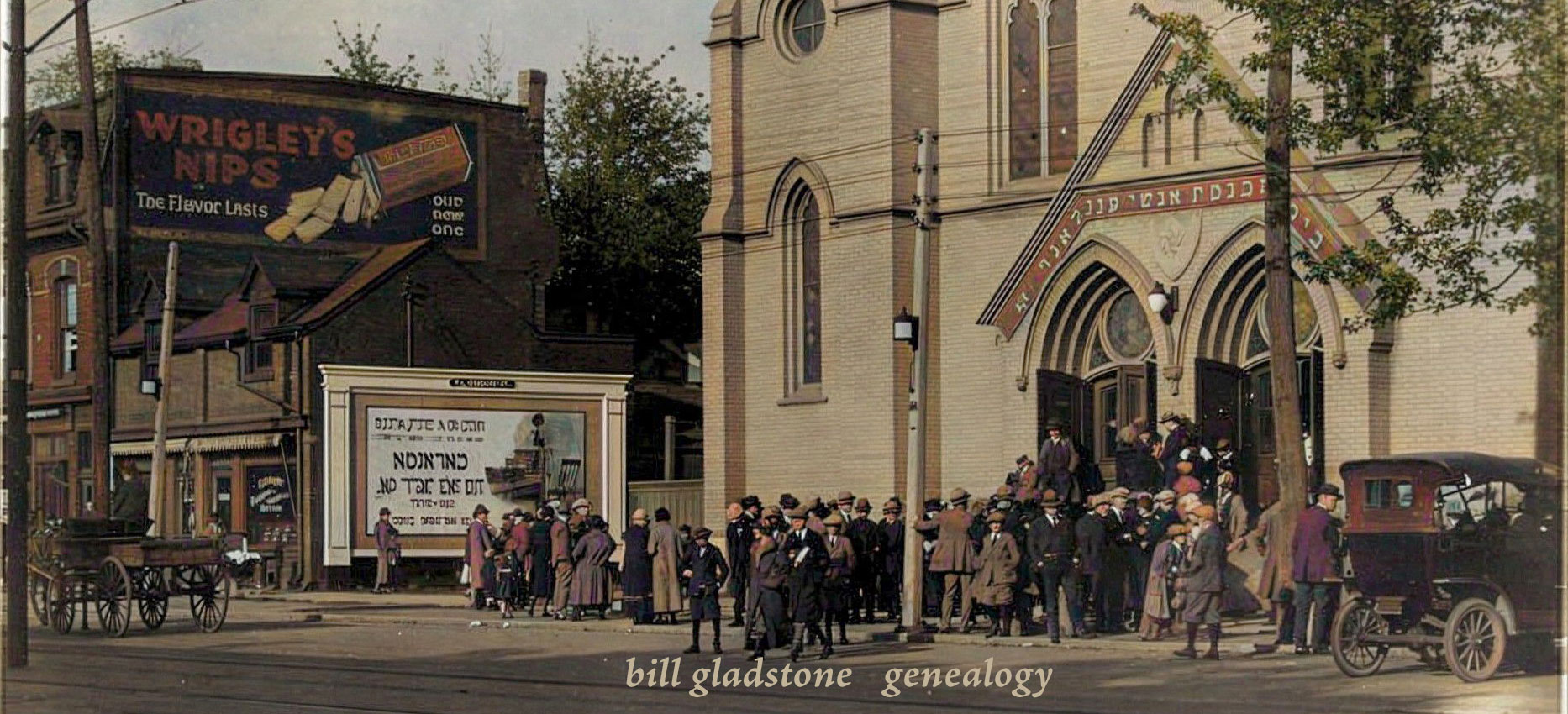Void & Voice: Essays on Literary and Historical Currents by Kenneth Sherman (Mosaic Press, 1998) opens with two short gem-like reminiscences, The Tailor Shop and Silver Braids, recalling the author’s grandfather and grandmother, respectively.
Early in the century, Sherman’s grandfather opened Sherman Custom Tailors at College and Bathurst streets in Toronto, an establishment that brims with life for Sherman, since he spent his early childhood there and in the tiny apartment upstairs. He writes of these premises and the characters that inhabited them with the succinct narrative power of a Malamud.
Silver Braids describes a grandmother who lived on the edge of madness, driven mute by personal tragedy. Here, already, one sees the two poles of Sherman’s organizing thesis, void and voice. The next two essays, which focus on the author’s specific experiences in Poland (at Auschwitz) and Israel (Jerusalem), expand this polarity. Poland, the land of death, represents a gaping void; Israel represents redemption and life beyond the suffering; yet it still contains silences.
These four essays comprise Sherman’s personalized preface. What follows is a series of essays on literature and culture — usually but not exclusively Jewish. Sherman’s eclectic eye focuses on a wide range of cultural artifacts from Schindler’s List to the works of Primo Levi, A.M. Klein, H.G. Wells and Rupert Brooke.
Sherman is interested in the interplay between literature and history and “how historical necessity alters people’s writing style and the content that they’re dealing with,” he says.
According to the Toronto poet-essayist, who has previously published some 10 books of poetry, the contrast between void and voice is a fundamental part of Jewish thought. “Lurianic philosophy and the kabbalah are also concerned with void and voice,” he says. “The kaballah says that G-d retreated from the universe, compelling Man to create something, and that’s where creativity comes from. It’s a very Jewish concept.” ♦
© 1998 by Bill Gladstone






